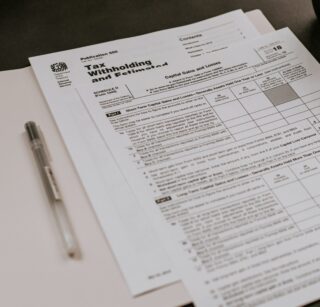HOME | ABOUT US | MEDIA KIT | CONTACT US | INQUIRE
HOME | ABOUT US | MEDIA KIT | CONTACT US | INQUIRE
Due to the far-reaching and lengthy impact of COVID-19, the IRS chose to make an extension, moving the traditional tax filing deadline from April 15 to July 15 this year.

That date falls on today, and taxpayers must file or seek an extension by end of day or land a financial penalty.
A shifted deadline allowed individuals and businesses to hold onto their cash longer as they dealt with the fallout from the virus outbreak. The three-month delay injected about $300 billion of liquidity into the economy, according to Treasury Secretary Steven Mnuchin.
As of June 26, the IRS had processed about 128.5 million returns, down 10.6 percent from last year, reports Fox News. By comparison, it had received about 140 million returns, a drop of just 3.5 percent from the same time last year. The agency has issued roughly 93 million refunds so far, down 10.3 percent from this point in 2019.
If individual taxpayers seeking more time take action today, they can request an extension until Oct. 15. However, if you owe taxes to the federal government, payments are still due on July 15, though the IRS offers some payment plans to individuals who are unable to pay their taxes in full. The more you pay by July 15, the less interest and penalty charges you will owe.